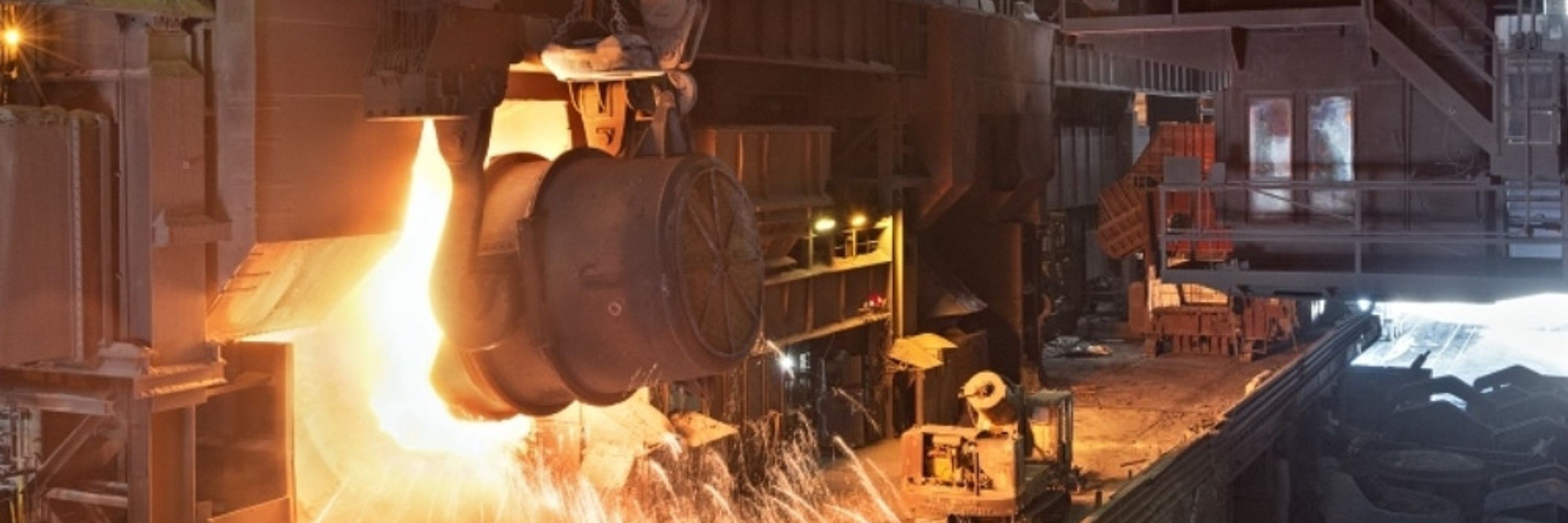
And here concludes what turned out to not really be an especially short thread.
And here concludes what turned out to not really be an especially short thread.
Like all the times we have accidentally almost nuclear bombed ourselves and that IEA thinks there is 70 million barrels per day of of oil that can be drilled for less than $10 per barrel.
Like all the times we have accidentally almost nuclear bombed ourselves and that IEA thinks there is 70 million barrels per day of of oil that can be drilled for less than $10 per barrel.
www.joseph-s-shapiro.com/research/Sha...
www.joseph-s-shapiro.com/research/Sha...
That's right: pretty much every country in the world has a de facto negative carbon tax on imports.
That's right: pretty much every country in the world has a de facto negative carbon tax on imports.
In most supply chains, the closer you are to the customer, the higher your value-addition. Profit margins are a lot higher on cars than on steel, on clothes than on polyester chemicals.
In most supply chains, the closer you are to the customer, the higher your value-addition. Profit margins are a lot higher on cars than on steel, on clothes than on polyester chemicals.

